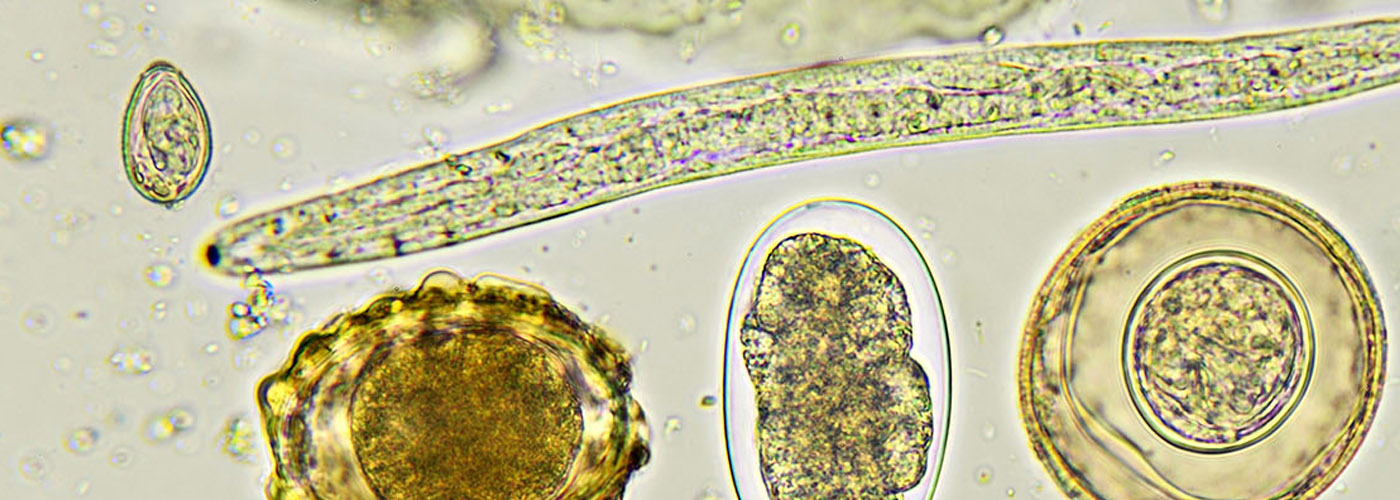
Parasitic infection is ever-present in both humans and animals, and affects billions of individuals globally.
Parasites present the immune system with a complex and dynamic antigenic challenge throughout the life course of an infected individual. They present immunologists with no less of a challenge in determining the mechanisms which underpin resistance and susceptibility to this fascinating group of pathogens.
In Manchester we work with both protozoan parasites such as Plasmodium and Toxoplasma and metazoan parasites – the helminths or worms.
We have one of the strongest groupings of experimental immunologists defining immunity to helminths worldwide. We work on all the major helminth groups including schistosomes, gastrointestinal nematodes, tissue dwelling nematodes and cestodes.
Model systems
We use well-defined model systems to provide mechanistic insight into immunoregulatory processes operating during parasitic infection, in order to identify novel ways to ultimately control these pathogens.
Such systems are key to the discovery of new pathways and processes involved in fundamental immunology.
We have extensive collaborations nationally and internationally with colleagues in areas endemic for human parasitic disease, where we explore translational aspects of our research with world leading immunology groups through which we pursue our discovery science.
